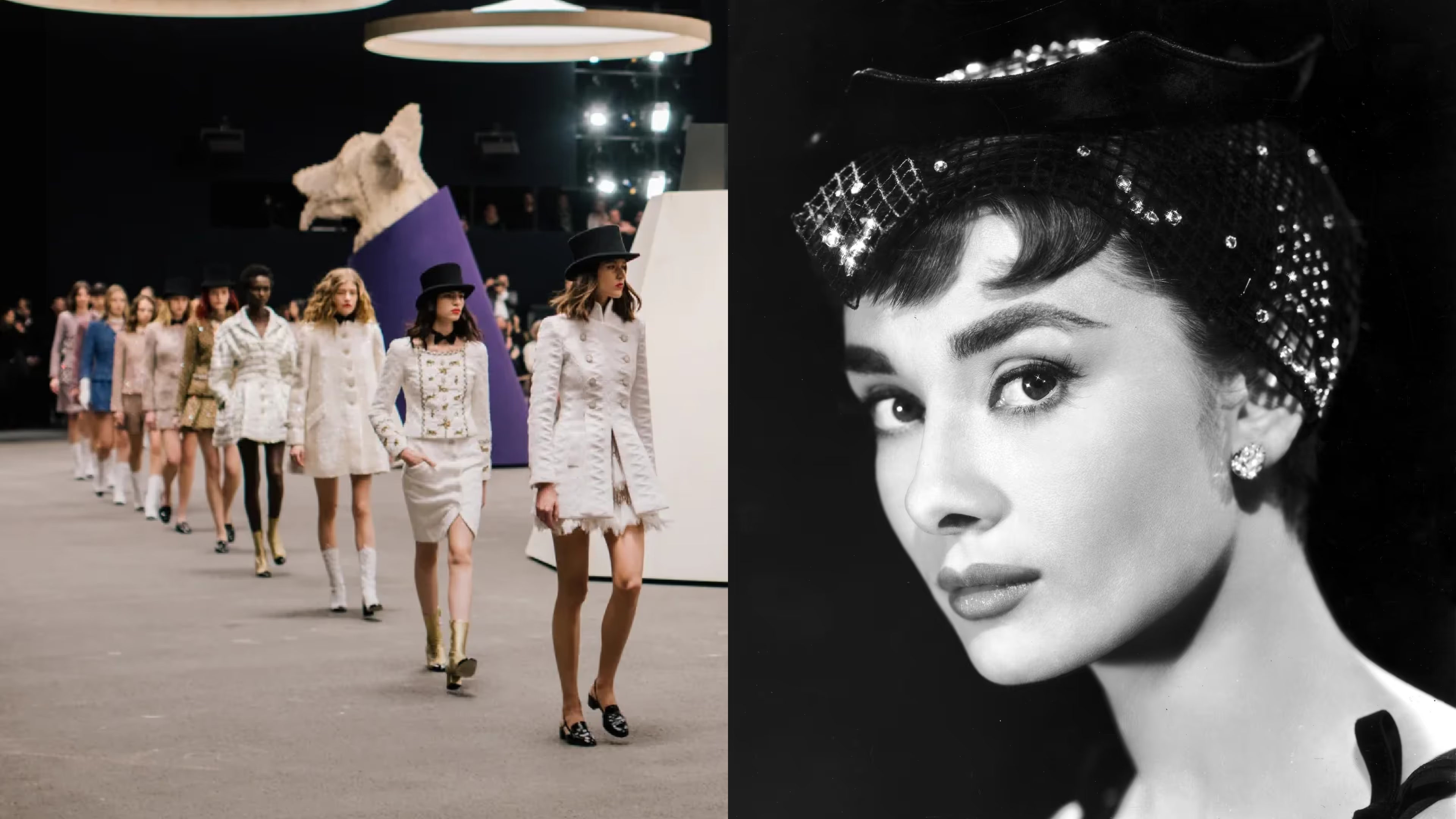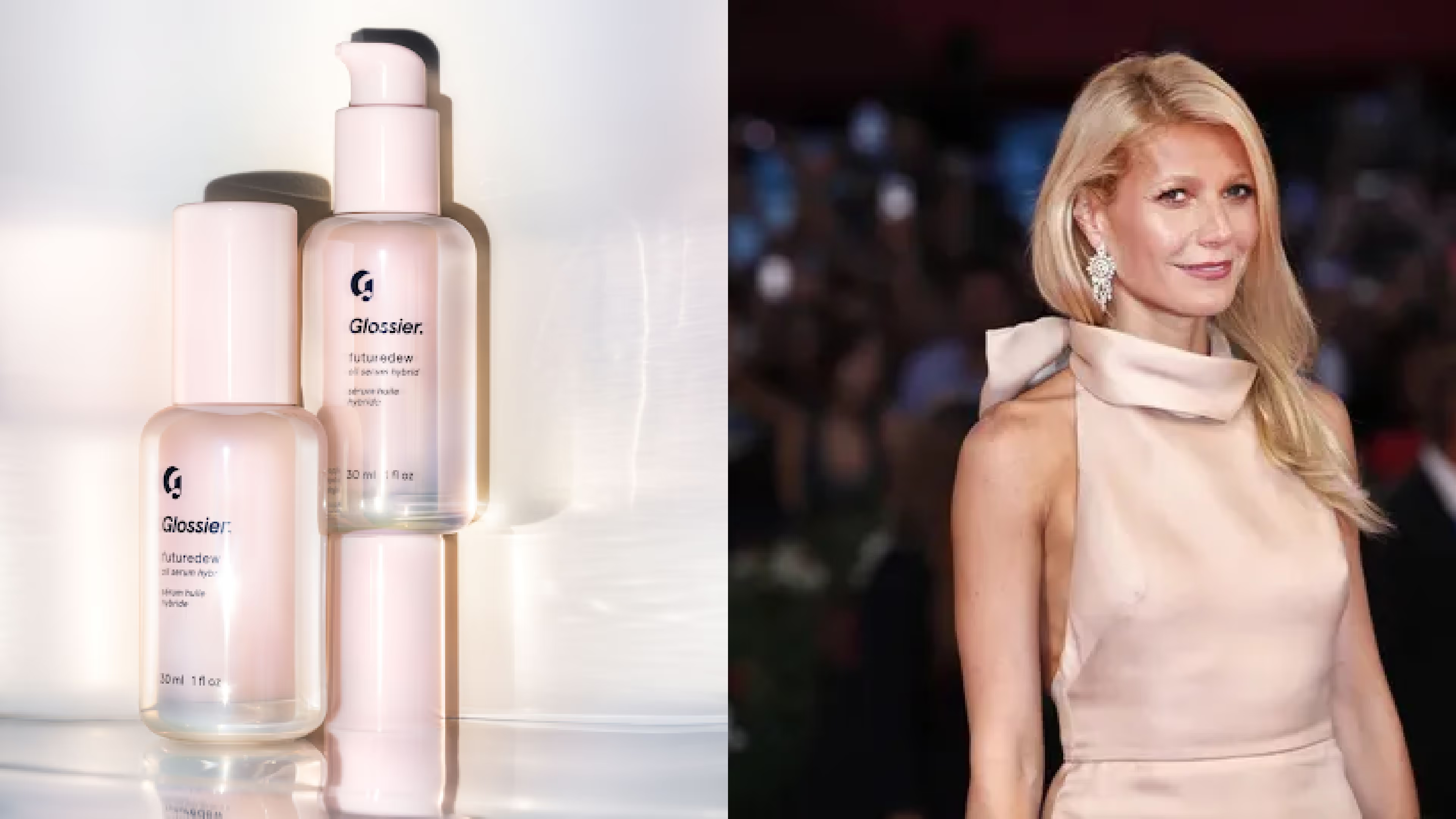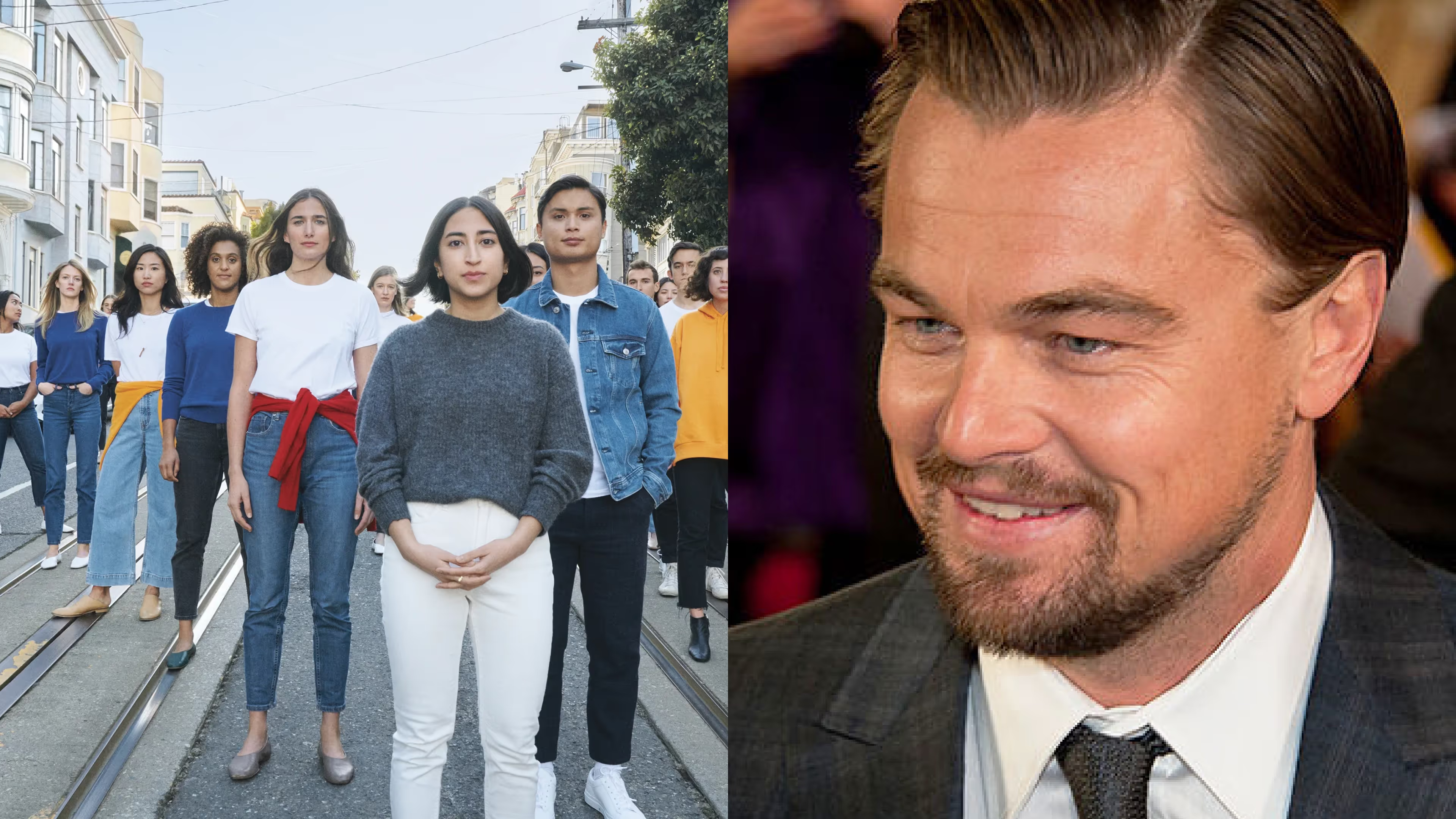As the media landscape continues to evolve, it has become increasingly important for brands to engage with their consumers in a personalised way. This means creating a unique brand persona that extends beyond traditional advertising methods. Brands that successfully build an engaging persona are helpful on messaging apps, witty on social media platforms, and entertaining on video-sharing platforms.
The rise of brand personification
As businesses increasingly rely on automated systems and digital interfaces, preserving the human touch and injecting personality into these interactions becomes essential.
Consumers desire a sense of warmth and connection, even when interacting with machines. By infusing a brand's personality into intermediary technologies such as chatbots, voice assistants, or customer service platforms, businesses can create more engaging and personalised experiences for their customers. This human touch helps to bridge the gap between technology and human interaction, enhancing the overall customer experience.
Celebrity personas
Celebrity personas are powerful tools for brands seeking to create a more relatable and engaging image. By leveraging a celebrity's unique personality traits and values, brands can create a persona that resonates with their target audience and builds a loyal following.
This is achieved in two main ways. Firstly, through celebrity-owned brands such as Selena Gomez's Rare Beauty or Rihanna's Fenty. These brands directly reflect the personalities and characteristics of their celebrity founders.
Secondly, brands can create a human-like persona by drawing inspiration from various celebrities and public figures.
For instance, let's consider the case of Ryan Reynolds, known for his sharp wit, irreverent sense of humour, and relatable down-to-earth personality. By staying true to his persona and actively engaging with fans, Ryan has amassed a large following and built a successful brand. He serves as a framework for brand owners who wish to establish their own brand's DNA.
Here are some additional examples to illustrate the concept further.
Chanel as fashion icon Audrey Hepburn
Chanel, a renowned luxury fashion brand, has long been associated with elegance, sophistication, and timeless style. If Chanel were to align itself with the persona of iconic actress and fashion icon Audrey Hepburn, it would embody the essence of Hepburn's grace, poise, and impeccable fashion sense. The brand would draw inspiration from Hepburn's iconic looks, such as her little black dress and tailored ensembles in movies like "Breakfast at Tiffany's." By embracing Audrey Hepburn's persona, Chanel would reinforce its position as a symbol of timeless elegance and become a go-to choice for individuals seeking refined and sophisticated fashion.

Glossier as Goop’s Gwyneth Paltrow
If Glossier were to identify with the persona of actress and entrepreneur Gwyneth Paltrow, it would align with Paltrow's focus on clean beauty, wellness, and a holistic lifestyle. The brand would emphasise natural ingredients, simplicity, and a minimalist approach to beauty. By embodying Paltrow's commitment to healthy living and clean beauty, Glossier would attract health-conscious consumers seeking skincare products that align with their wellness values.

Everlane as activist Leonardo DiCaprio
If Everlane embraced the eco-conscious actor and activist Leonardo DiCaprio persona, it would align with his dedication to environmental causes and promote ethical fashion practices. The brand would prioritise transparency, fair trade, and responsible sourcing of materials. By embodying Leonardo DiCaprio's commitment to sustainability and influence in environmental activism, Everlane would resonate with conscious consumers who prioritise ethical fashion choices.

We love doing this fun activity with our clients in the early strategy stages. When exploring the DNA of our client's brands, we think about the celebrities we know and love. Matching brands with celebrity personas in this way allows for an influential association that resonates with consumers. By aligning with celebrities who embody specific qualities and values, brands can leverage their influence, credibility, and unique attributes to create a distinct brand identity.
Creating Brand Personas
Creating a persona can be a powerful way for brands to connect with their target audience and build a loyal following. But developing an authentic and relatable persona requires careful thought and planning. Here are our top tips and strategies for developing a successful celebrity persona for your brand:
1) Start with your brand values
Before creating a persona, you must clearly understand your brand values and what you stand for. Your persona should be a reflection of these values and should communicate them in a relatable way.
2) Identify your target audience
To create a persona that resonates with your audience, you need to understand who they are and what they care about. Conduct market research to gain insights into your target audience's interests, values, and behaviours.
3) Develop a unique personality
Your persona should be unique and memorable. Consider what personality traits and quirks will make your brand stand out and connect with your audience. This could be anything from a sense of humour to a commitment to social justice.
4) Be consistent
Your persona should be consistent across all touchpoints, from your website to social media channels to customer service interactions. This consistency will help to build trust and loyalty with your audience.
5) Use storytelling
Use storytelling to bring your persona to life and communicate your brand values in a relatable way. Share stories that showcase your brand's personality and values and resonate with your audience.
By following these tips and strategies, you can develop an authentic, relatable persona that resonates with your target audience. This persona can help to differentiate your brand from competitors, build brand loyalty, and ultimately drive long-term success.
Brand Archetypes
Another powerful tool is the use of brand archetypes. Brand archetypes are universal, symbolic characters or personalities used throughout history to represent different aspects of the human psyche. By identifying and embodying a specific archetype, brands can create a consistent and recognisable brand identity that resonates with consumers.
.avif)
Each archetype has its own set of characteristics, values, and behaviours that can be used to create a distinct personality for your brand. For example, the Innocent archetype represents purity, simplicity, and optimism, while the Rebel archetype represents individualism, nonconformity, and rebellion. Using archetypes to shape your brand personality, you can build emotional connections with consumers and create a more meaningful and memorable brand experience.
Building emotional connections with consumers is essential for creating brand loyalty.
When consumers feel a strong emotional connection to a brand, they are likelier to become loyal customers and advocates. By using archetypes to create a relatable and engaging personality, brands can connect with consumers on a deeper level and build long-term relationships.
Brand personification: delving deeper
Brand personification is a marketing concept that is gaining traction in the business world. It involves creating a human-like image for a brand, making it more relatable to customers. This concept stems from the belief that people buy from other people rather than faceless corporations. By humanising their brand, companies can build stronger customer relationships and earn their trust.
Data shows that people generally don't trust companies despite the importance of building customer trust.
This is where brand personification comes in. One aspect of brand personification is relationship selling. This involves building relationships with customers and earning their trust over time. Even when businesses automate their processes, they still strive to add authentic human experience to their systems. Customers are likelier to trust and do business with companies with a human touch.
To achieve successful brand personification, brand strategists and marketing executives work to construct a distinct and compelling tone of voice, visuals, and even customer service policies. These elements are well-defined by traits that align with the brand's archetype. This approach creates consistency and a recognisable identity for the brand.
Companies need to take a closer look at their branding strategy and consider the role that celebrity personas can play in building a solid brand identity. By developing a clear and compelling persona, brands can create a relatable and engaging personality that resonates with their target market. With the right approach, brands can use celebrity personas to drive deeper connections with their audience and build a loyal customer base that will sustain their business for years.





.svg)


.svg)
.svg)





